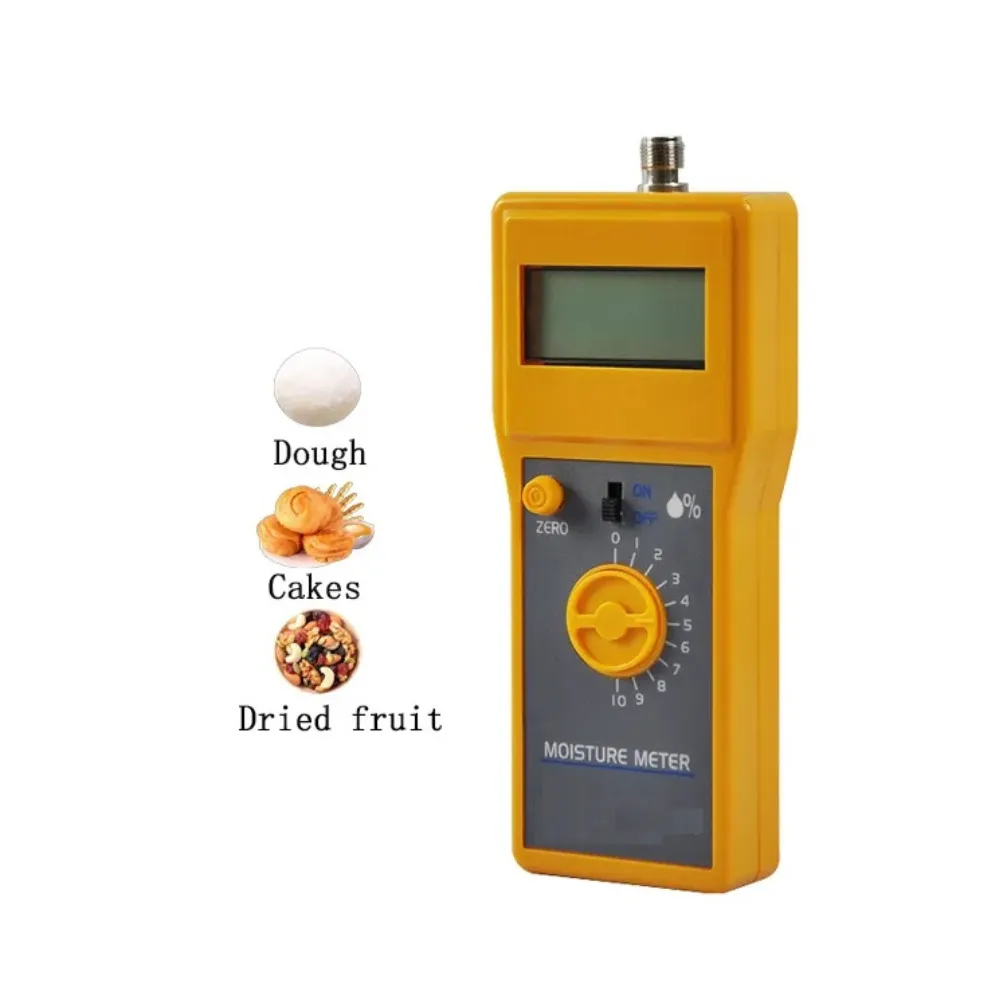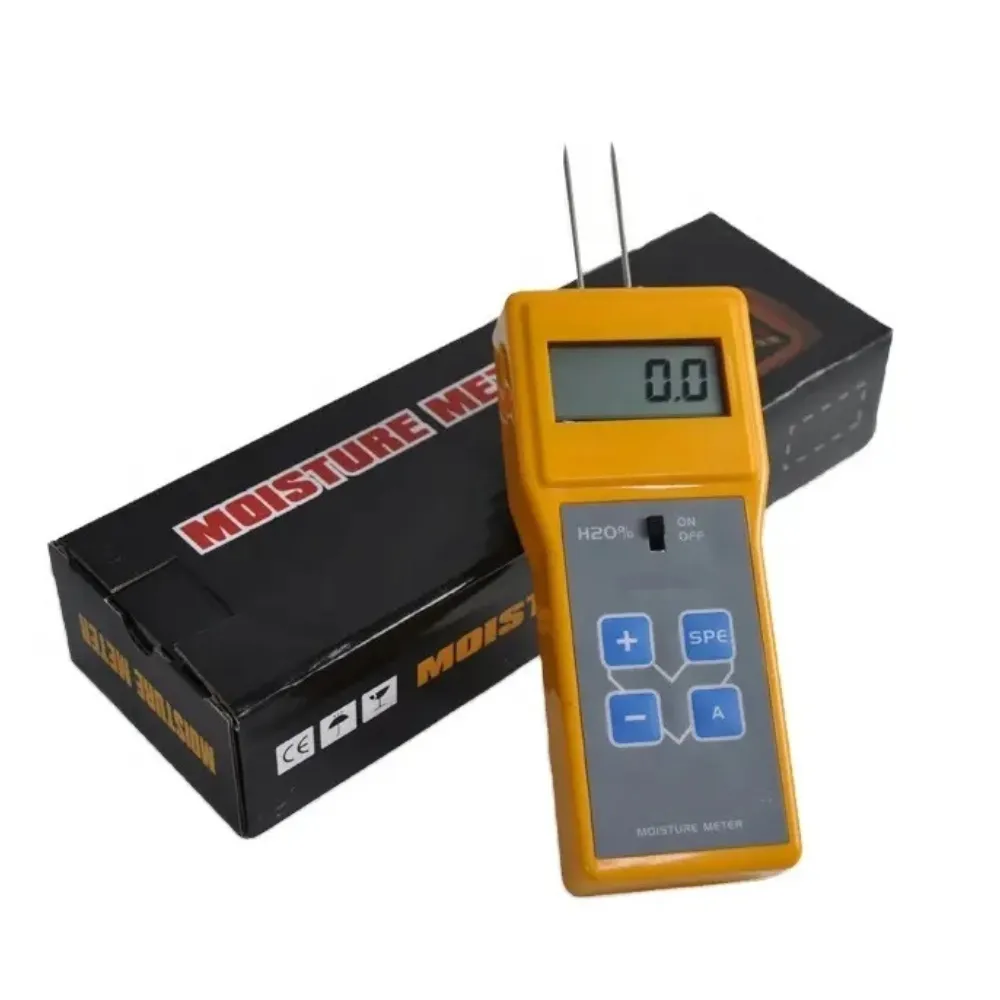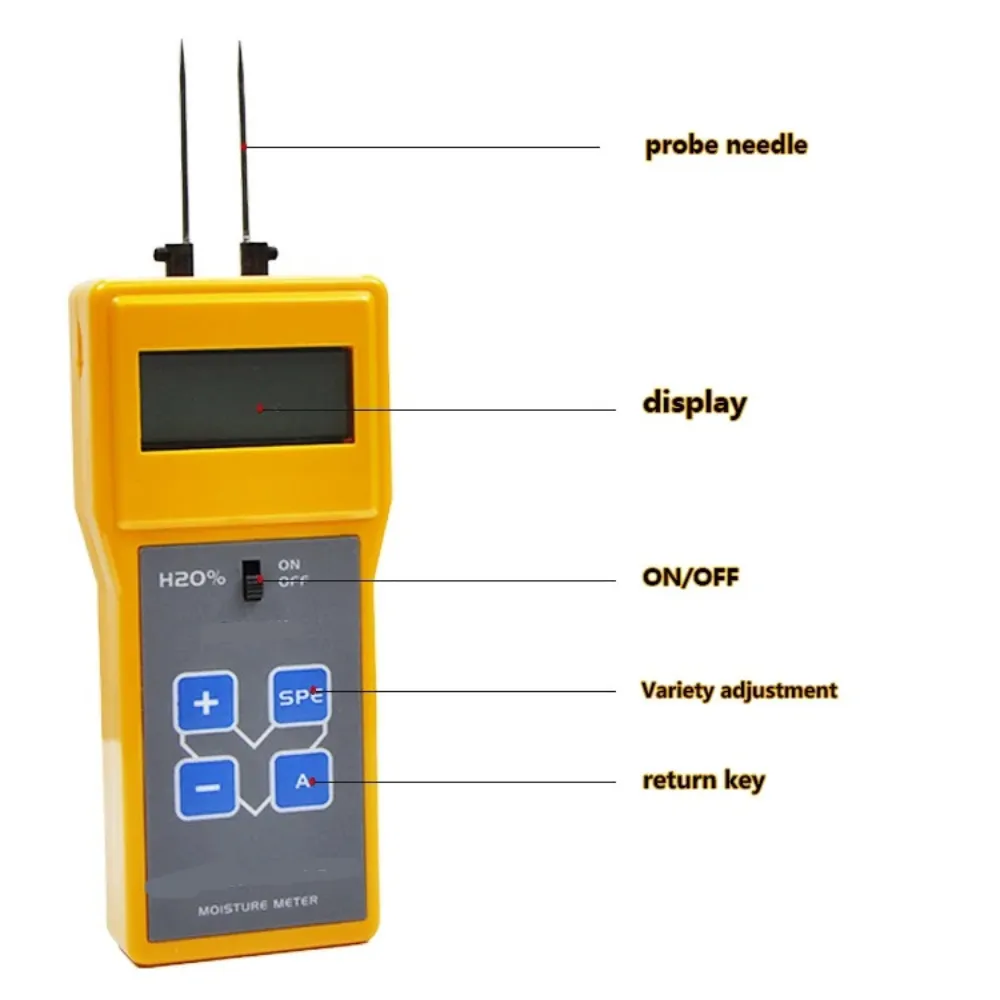
The Environmental Impact of Using Meat Moisture Meters
Table of Contents
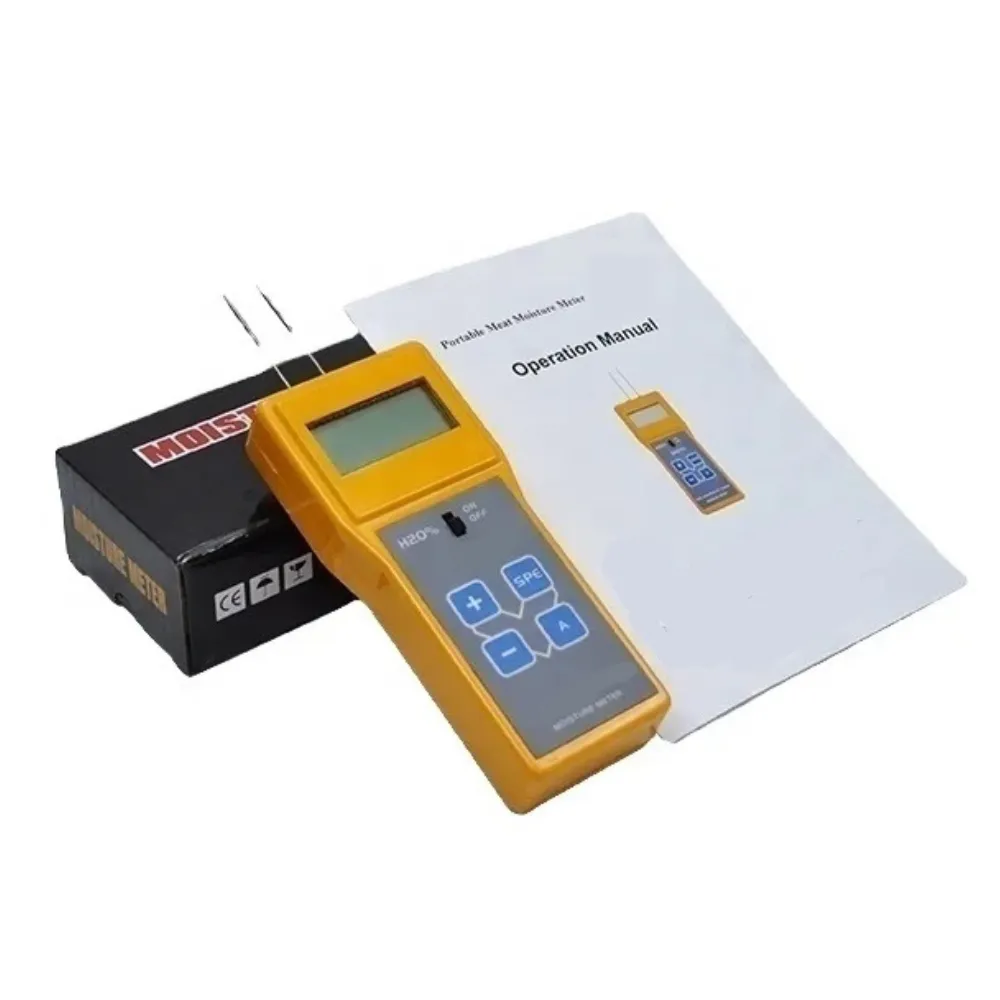
Introduction to Meat Moisture Meters and Environmental Concerns
Meat moisture meters have become an essential tool in the food industry, particularly for those involved in the production, processing, and sale of meat products. These devices measure the moisture content of meat, which is crucial for determining its quality, safety, and shelf life. However, the use of meat moisture meters also raises concerns about their environmental impact. In this article, we will explore the environmental implications of using meat moisture meters and discuss potential solutions to mitigate these effects.
Understanding Meat Moisture Meter Technology
Firstly, it is important to understand how meat moisture meters work. These devices measure the moisture content of meat by using a probe that is inserted into the product. The probe then emits an electromagnetic field, which is absorbed by the water molecules in the meat. The absorbed energy is then converted into a measurable signal, which is used to calculate the moisture content. This information is vital for ensuring that meat products are safe for consumption and have an appropriate shelf life.
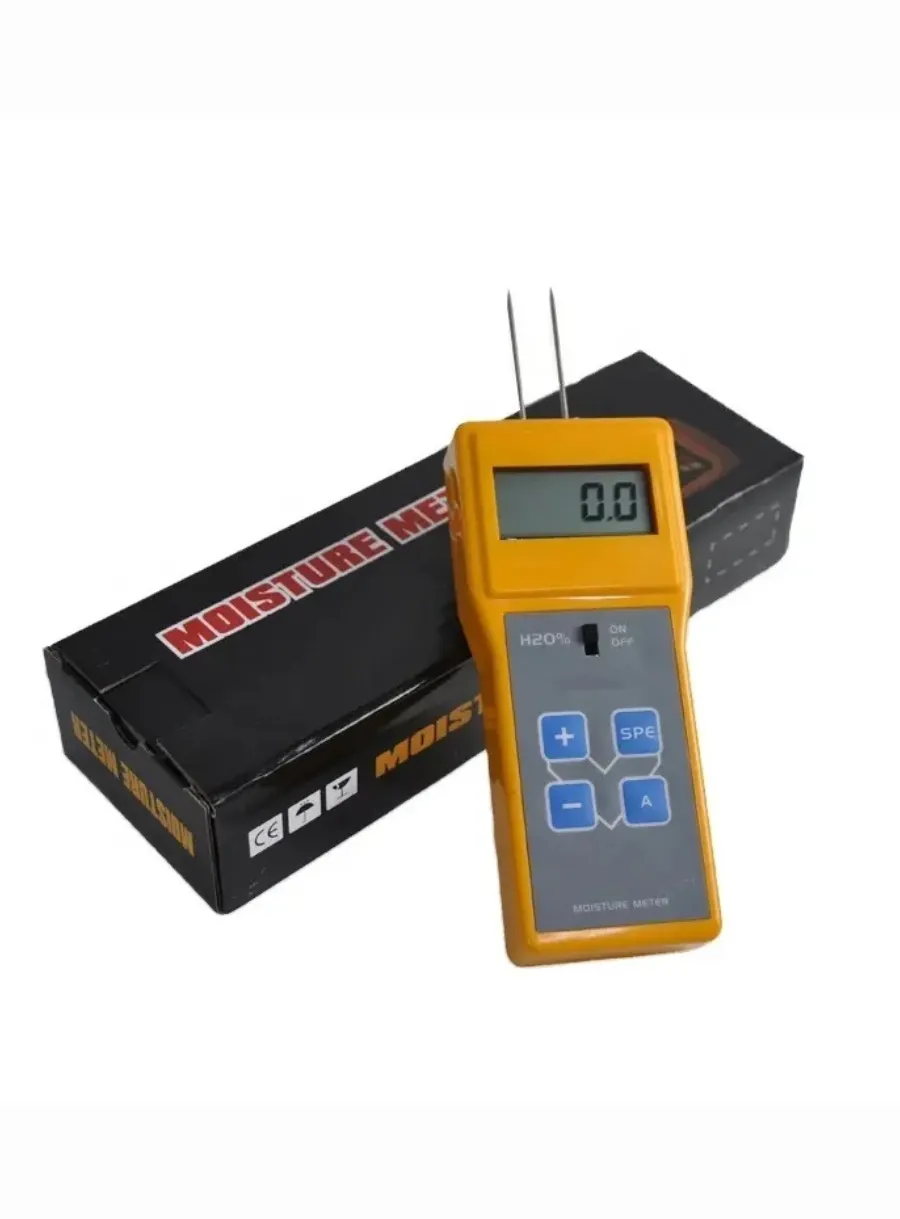
Environmental Implications of Meat Moisture Meters
Despite their importance in the food industry, meat moisture meters have several environmental implications. One of the main concerns is the energy consumption associated with the production and use of these devices. The manufacturing process of meat moisture meters requires the use of raw materials, such as metals and plastics, which are extracted and processed using significant amounts of energy. Additionally, the devices themselves consume energy during operation, which contributes to their overall environmental footprint.
Electronic Waste Concerns
Another environmental concern is the disposal of meat moisture meters at the end of their useful life. Many of these devices are made from non-biodegradable materials, such as metals and plastics, which can take hundreds of years to decompose in a landfill. This contributes to the growing problem of electronic waste, which poses risks to both human health and the environment.
Sustainable Manufacturing Solutions
To address these environmental concerns, the food industry can take several steps to reduce the environmental impact of using meat moisture meters. One potential solution is to invest in more sustainable manufacturing processes for these devices. This could involve using recycled materials or incorporating energy-efficient technologies into the production process. Additionally, manufacturers could design meat moisture meters to be more durable and longer-lasting, reducing the need for frequent replacements.
Responsible Disposal Practices
Another approach is to promote the responsible disposal of meat moisture meters at the end of their useful life. This could involve encouraging businesses to recycle or dispose of these devices in an environmentally responsible manner, such as through specialized recycling programs. Furthermore, manufacturers could design their devices to be more easily disassembled and recycled, making it easier for consumers to dispose of them responsibly.
Exploring Alternative Technologies
Finally, the food industry can also work to reduce the overall reliance on meat moisture meters by exploring alternative methods for determining the moisture content of meat products. For example, researchers are developing new technologies, such as near-infrared spectroscopy, which can provide accurate moisture measurements without the need for a physical probe. By investing in these innovative technologies, the food industry can reduce its reliance on meat moisture meters and minimize their environmental impact.
Conclusion
In conclusion, the use of meat moisture meters in the food industry has several environmental implications, including energy consumption during production and operation, and the disposal of non-biodegradable materials. However, by investing in sustainable manufacturing processes, promoting responsible disposal practices, and exploring alternative methods for determining meat moisture, the food industry can work to mitigate these environmental effects. By doing so, they can continue to ensure the quality, safety, and shelf life of their meat products while minimizing their impact on the environment.
Comments
Tags
Frequently Asked Question
The main environmental concerns include energy consumption during production and operation, and the disposal of non-biodegradable materials contributing to electronic waste.
The industry can invest in sustainable manufacturing processes, promote responsible disposal practices, design more durable devices, and explore alternative technologies for measuring meat moisture.
Yes, researchers are developing new technologies such as near-infrared spectroscopy, which can provide accurate moisture measurements without the need for a physical probe.
Meat moisture meters are crucial for determining the quality, safety, and shelf life of meat products, ensuring that they are safe for consumption and have an appropriate shelf life.

